
Not only is your CV the first thing an employer sees, it is what the employer will use to decide whether you move on to the next stage of the employment process.
If you’re studying Russian and planning to find a job which involves the language, knowing how to write a Russian resume is pretty useful and could make the real difference between you and other candidates.
Usually, each country has its own default curriculum model, a sort of standard format that most citizens use to build their CV and then apply for a job.
Talking about Russia, the most commonly used website where people search new positions and where companies look for new employees is HeadHunter. The website offers an online editor, so whenever someone applies for a position, they can just fill the lines with their personal data and build an “instantaneous” resume.
Anyway, writing a resume on your own and attaching it to the application still remains the classic way to apply for a job. Here you have a brief guide on how to write your Russian resume:
1. The basis:
The Russian word for CV is “резюме” (rezyume).
The most commonly used format in Russia is the Chronological Resume, which shows your most recent education and experiences listed first. This is the easiest format to write. This format is good to use when your most recent experience or education is advantageous to the kind of position you are seeking, and also when you have has job growth within the same company or you are staying in the same field as your prior experience. Sections on this type of resume would include Personal data – Education – Work Experience and Extra Skills/Activities.
2. The layout:
The first part of your resume must include a photo of you and your personal data:
– Имя // First name
– Фамилия // Last name
– Дата рождения // Date of birth
– Телефон // Phone number
– E-mail
The second part is about your education. Here you should include all the qualifications you have, specifying your majors and any specialization. Remember that Russians only indicate their university education on their CVs.
University stages in Russia are divided as follows:
– Бакалавр // Bachelor
– Магистр // Master
– Доктор наук // PhD
The third part includes your work experience. Don’t forget to mention your main tasks and what your responsibilities – обязанности – include(d).
Here are the words you need with their meaning:
– 2001 – на настоящий момент // 2001 – present
– Опыт работы в… // Work experience at…
– Стажировка // Internship
– Волонтерская практика // Voluntary work
In the last part of your Russian CV you should add all of those extra skills you consider useful to differentiate yourself from competitors.
Here are some examples:
– Отличные коммуникативные навыки // Excellent communication skills
– Владею программами Microsoft Word, Excel, Powerpoint // Knowledge of Microsoft Word, Excel, Powerpoint
– Со знанием CAD // Familiarity with CAD (computer-aided design)
– Свободно владею (устным, письменным)… // Fluency in both written and spoken…
– Имею действительные водительские права // Currently holding a driver’s license
Please note that nowadays a new, creative format is starting to become popular among employers. The so-called visual CV has a more immediate impact, especially if you’re looking for a creative job (graphic designers, architects, social media specialists…). Basically, these CVs include all the information above, but they are organized in a more free, schematic and creative way or in an infographic format, and up to one page is enough.
As you can see, building your Russian resume is not that difficult or different from writing any other CV. Just remember to pay attention to how you spell the words. Be creative in graphics and, most importantly, always be honest when you list your experiences. Good luck for your future career!
Read also: How to improve your Russian as an expat?
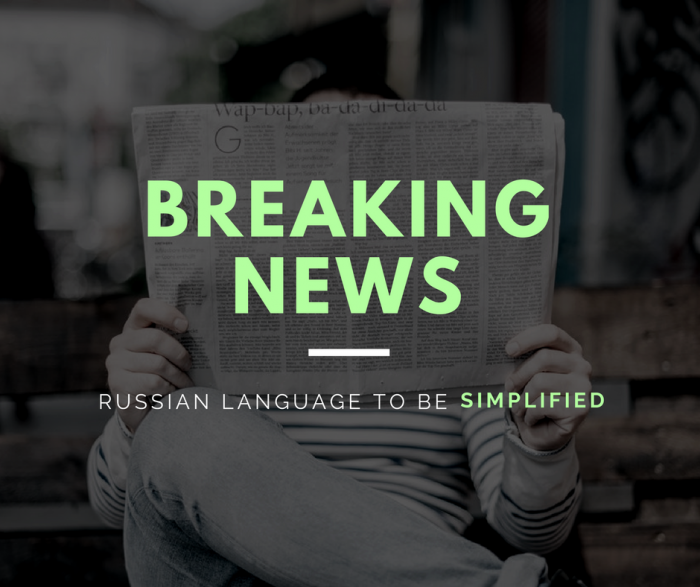
Students will be happy to learn that the Russian Government has today announced plans to make Russian language easier in an effort to simplify greater international engagement. …

In a previous post, we revealed that Russians don't really say “na zdarovje” when they toast. While the phrase has been popularised in English language media – and a lot of Russians will nod politely and clink glasses with you if you use it – it’s not something a native speaker would ever…
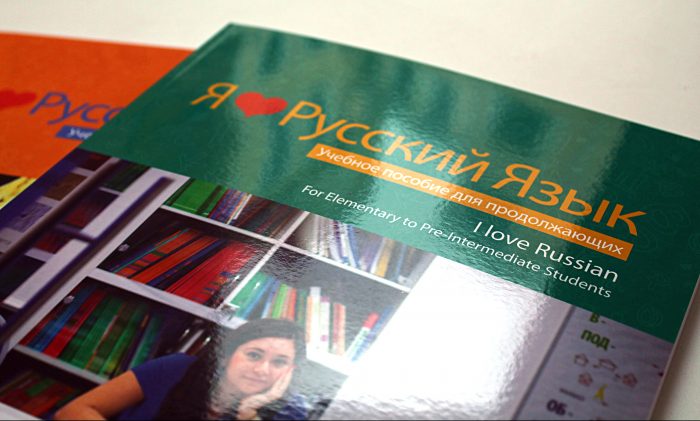
Improve your Russian while working as an expat? Mission possible! …
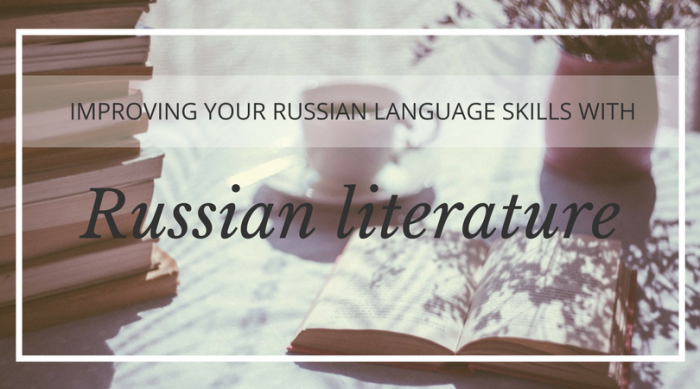
What could be a better way for Russian immersion than reading, especially when you read the books that you find interesting and that can give you a better idea of the culture of Russia? Co-founder of Liden & Denz, Walter Denz shares his experience on how reading Russian literature can improve your…
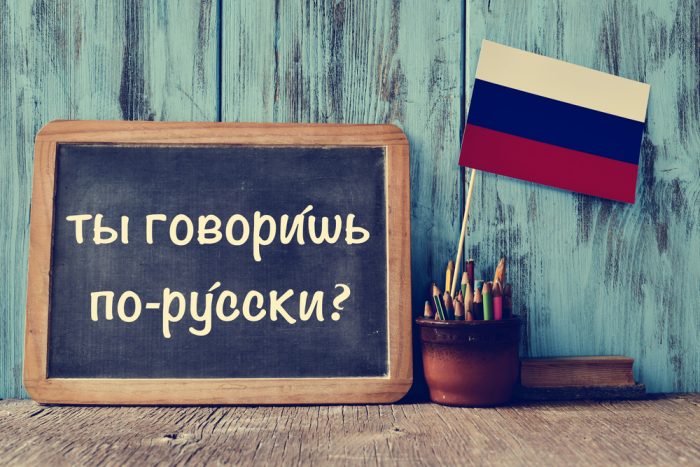
Learning a language is hard. Keeping it when you don't have classes is even harder. So this article is not about how to learn Russian, but how to maintain your Russian. …

Learning the Russian language can be a long, hard slog. Days, weeks, months spent poring over textbooks, attempting to understand the cases, crying over aspects, endeavouring to pronounce ы and щ. …

Many language learners desire to communicate well with native speakers of the language or those who speak it. I have always dreamt of talking more fluently and texting through social media with my Russian friends better. It is no exaggeration to say that good communication skill gives you an…
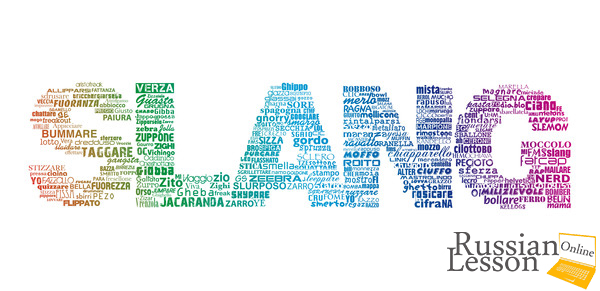
If you are already able to speak Russian, then congratulations! You are on a good way. But even if you are, let’s say, on level B2, you have probably been in situations with Russians, especially younger people, where you did not understand everything they said — either because they were speaking…